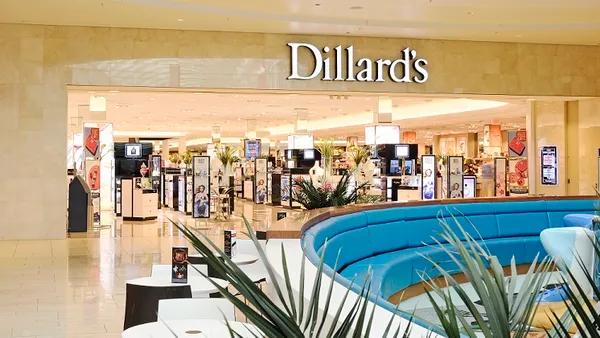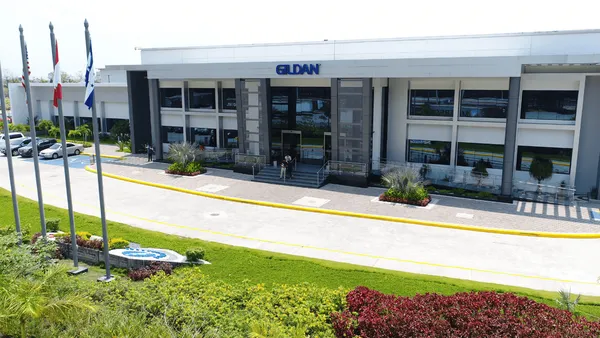Dive Brief:
- Private equity-owned retailers have laid off nearly 600,000 workers over the past decade even as the industry as a whole added 1 million jobs, according to a new report from the Center for Popular Democracy, Private Equity Stakeholder Project and other groups.
- All told, private equity ownership in retail has led to more than 1.3 million job losses (including jobs in adjacent industries and other indirect job losses) as ailing retailers have gone bankrupt and closed stores.
- The report found that more than 1 million retail workers are still "at risk" owing to their employment at private equity and hedge fund-owned retailers.
Dive Insight:
The report documents the human toll that retail business declines and failures have taken. It points the finger squarely at Wall Street firms that have profited while leaving dozens of retailers strapped with massive debt loads that often prove unsustainable.
Drawing a direct, cause-and-effect line between private equity ownership and retail failure can be difficult, in part because the investment firms often target struggling businesses as a matter of course. Such a strategy is based on the assumption that the investors can make the business more efficient, add value and increase the profit for investors when they ultimately sell or put the company onto the public markets.
There have been successful cases of this, such as the buyouts of Burlington, BJ's Wholesale and Dollar General, all of which today are publicly traded and performing relatively well. But many others have filed for Chapter 11 or liquidated altogether, among them Toys R Us, Payless Shoesource, Gymboree, Shopko and other household names.
In retail, the typical private equity strategy has frequently gone awry. That is largely due to the debt that private equity firms use to fund acquisitions in the retail industry, which — with its low margins and rapid technological shifts — has not been friendly to highly leveraged firms.
Of the major retail bankruptcies in 2019, 80% were private equity-owned as of May, according to Retail Dive's analysis. Likewise, of the retailers rated as distressed by Moody's in May, 75% were owned by private equity.
Looking at over 120 retail acquisitions by private equity firms, going back more than 15 years, nearly 21% have filed for Chapter 11 at least once, according to data compiled and analyzed by Retail Dive.
"The common theme is the balance sheet," Moody's retail analyst Charlie O'Shea said of private equity buyouts in an interview with Retail Dive earlier this year. "You can't outrun debt. Debt always wins."
Buyout debt is not the whole story, though. Private equity firms have been accused in past bankruptcy cases — including those of Payless, Toys R Us and Nine West — of extracting millions of dollars from companies (through fees, dividends and other means) while ultimately leaving them financially unsustainable.
The new Center for Popular Democracy report found that of nearly 6,700 closures in the first three months of 2019, 70% were private equity owned. (Those closures include the massive liquidation of Payless, as well as Shopko and other bankrupt retailers.)
The report's authors offer several recommendations to protect workers and localities, including strengthening workers' rights, curbing financial practices and raising taxes on private equity fund managers.













